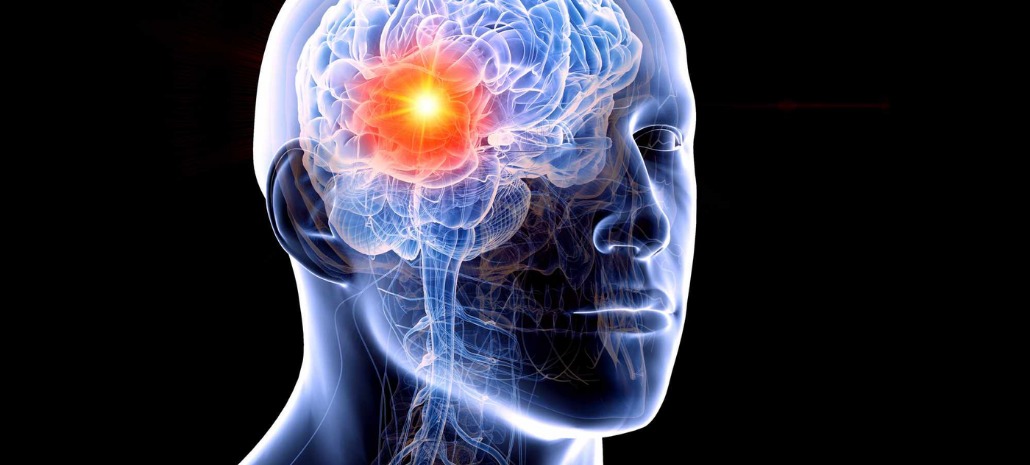Dr Manish Singhal - The best Cancer Specialist in Delhi
Most Common types of Brain Cancer

Every headache you have is not an indication of brain cancer. Whether or not you have it, it is advisable to learn about the most common types of brain cancers and how they can be detected.
Brain tumors
Brain tumor develops when there is an excessive growth of brain cells, which once goes unchecked, develops into lumps and masses. There are two types of says causing two different types of brain tumors
- Primary brain tumors: develop in the brain itself
- Secondary brain tumors: Are carried up to the brain from cancerous areas and organs of the body
Although Benign brain tumors can be removed easily, Malignant brain tumors are quickly growing cancer cells that can be life-threatening in most instances.
Types of brain cancers
The most commonly occurring brain cancer in adults are:
Astrocytoma
Our brain has three parts, the cerebrum, cerebellum, and brainstem. The cerebrum takes up the most place and is the largest part of the brain. This is where an astrocyte can form. It grows at its own pace and develops into a tumor, causing seizures in the person.
Oligodendroglia
This can develop into cells that form a protective layer over the nerves. It doesn’t usually spread and has a relatively slow growth rate.
Meningioma
9 out of 10 adults have meningioma if it is a primary brain tumor that they’ve developed. However, it is unlikely for a young individual to have this since it is most commonly seen in people aged 60+. However, these two grew slowly and can be removed easily through surgeries.
Mixed glioma, Ependymoma, PNET (Primitive Neuroectodermal tumors), DNET (Dysembryoplastic Neuroepithelial tumor), and PXA (Pleomorphic Xanthoastrocytoma) are some rarely occurring types of brain cancers.
The most common type of brain cancer
GBM or Glioblastoma Multiforme is the deadliest form of brain cancer commonly occurring in adults. Once you have developed it, there are very low chances of survival, and surgery is nearly impossible. The only way to quickly treat GBM is through chemotherapy and radiation.
These are grade 4 astrocytoma, where the cell keeps rapidly growing, spreading all over the brain. Commonly seen in ages between 50 to 70 years, it can aggressively deteriorate an individual’s health. It makes up for 47.7% of all brain cancer cases, with less than 40% survival rate in the first year of diagnosis and 17% in the second year. In the third, you either make it or succumb to it.
A devastating fact about a GBM is that once it is developed, it can result in death within six months or even less, provided the tumor goes untreated.
The first step to treating a GBM is observing the symptoms:
- Extreme, frequent headaches
- Loss of appetite and weight
- Seizures
- Difficulty in seeing and blurry vision
- Sudden change in behavior
- Difficulty in speech
- Memory loss
- Vomiting
Diagnosis of Glioblastoma Multiforme (GBM)
All forms of brain tumors can be detected with a CT scan or an MRI (Magnetic Resonance Imaging), including GBM. An MRS (Magnetic Resonance Spectroscopy) is done to specify a tumor’s chemical profile in order to treat it effectively.
A professional neurosurgeon might need to perform a biopsy which in turn is examined by neuropathologists to grade the brain tumor. GBMs are mostly of grade 2, 3, or 4, giving you very little time to treat them.
Treatment options of Glioblastoma Multiforme (GBM)
Brain cancer can be treated in several ways, depending on their grade and their nature. A simple surgery can fix noncancerous tumors, but something as deadly as GBM might need some hard solutions.
Radiation therapy
High energy beams are used for destroying and shrinking cancer cells.
Chemotherapy
Instead of beams, certain drugs are used to destroy cancer cells to stop dividing, obstructing their growth, and cutting out whatever is left.
Radiosurgery
It is specifically done to stop the tumor from growing. It is a therapy with similar high-energy radar beams.
Surgery
If it is easier for the doctor to cut open the part and reach the tumor, there is no better approach to brain cancers than surgery.
How brain cancer can be effectively treated
Cancers, in general, are life-threatening, and brain cancer can take quite a toll on your life. If you have the symptoms, make sure to get them checked. The sooner you recognize it, the better. For the best cancer specialist in Noida, consult professionals with years of experience in CCI.
Through the years, CCI has brought together the best services from Dr. Manish, an unparalleled Brain Cancer doctor In noida. Getting hold of a medical system that truly cares about you is uncommon, let alone finding the perfect cancer specialist in Noida.
As the pandemic continues to be a great health hazard, consult online through call or video call sessions. Never compromise on your health. The sooner you recognize symptoms, the better treatment you have and your chance of survival.



